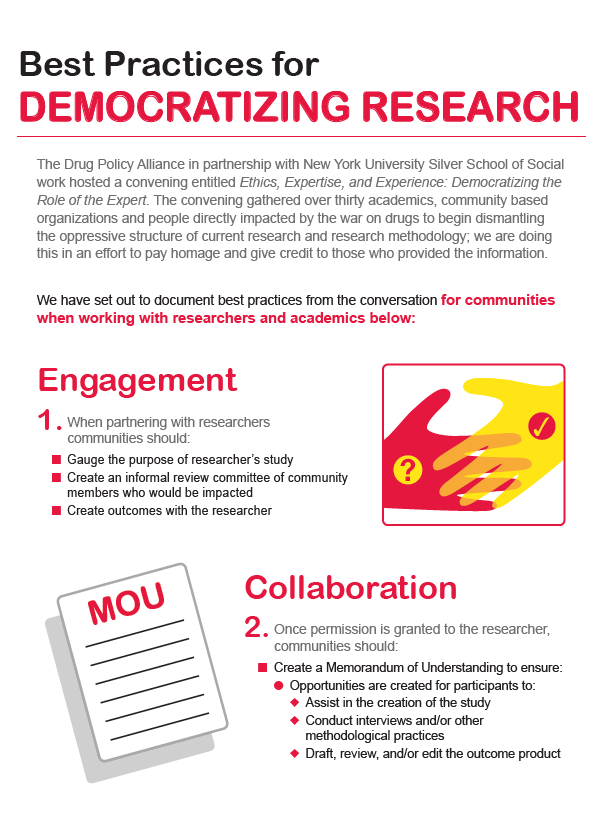
1) There is a growing body of qualitative research with people who use opioids unpacking the many reasons that some have begun to use methamphetamine.
Here's a great new study that highlights how functional many find its use. tandfonline.com/doi/full/10.10…
Here's a great new study that highlights how functional many find its use. tandfonline.com/doi/full/10.10…
2) Although the sample size is small, based in Dayton OH, their findings are aligned with several other recent studies highlighting similar motivations for use.
Here's a part of their descriptive table showing how many used it to manage opioid withdrawal and for other reasons:
Here's a part of their descriptive table showing how many used it to manage opioid withdrawal and for other reasons:

3) The study used the Drug, Set, and Setting model to really synthesize and tie together the numerous factors that contribute to increased use.
Setting: Increased availability of meth
Set: Expectancies and beliefs about how it could work
Drug: Meth characteristics being helpful
Setting: Increased availability of meth
Set: Expectancies and beliefs about how it could work
Drug: Meth characteristics being helpful
4) This study tells us that people who use opioids continue to develop novel and innovative strategies to manage and cope with opioid withdrawal on the streets outside of formal treatment settings.
5) If you are interested in reading more studies about this phenomenon, I'd encourage you to read this co-authored study by @prof__lopez in Oregon which also examined community/structural/policy drivers: sciencedirect.com/science/articl… 

6) A large-scale mixed methods study from a few years ago with incoming OUD patients from 2011-2018 who reported methamphetamine use motivations: sciencedirect.com/science/articl… 

7) A study out of Australia co-authored by @higgspg also examined motivations for co-use among people who injected both opioids and methamphetamine, highlighting the desire for pleasure/intoxication and managing opioid withdrawal harmreductionjournal.biomedcentral.com/articles/10.11… 

8) Zooming out for a second, and thinking about the increased number of methamphetamine-involved overdose deaths, this can help to explain SOME of the increases we are seeing and why people may test positive for meth/opioids due to co-use or recent use.
9) This all should also make us ask ourselves about how we are helping to ensure that co-users are learning harm reduction strategies for both drug classes, but also whether low-threshold MOUD could help reduce reliance upon meth, whether Rx stimulants can help with low energy.
10) All this to just remind you that drug use is often a proactive attempt by the user to cope and manage their lives. Yes, there are trade-offs, but people are often doing the best they can with what they've got.
FIN.
FIN.
• • •
Missing some Tweet in this thread? You can try to
force a refresh









